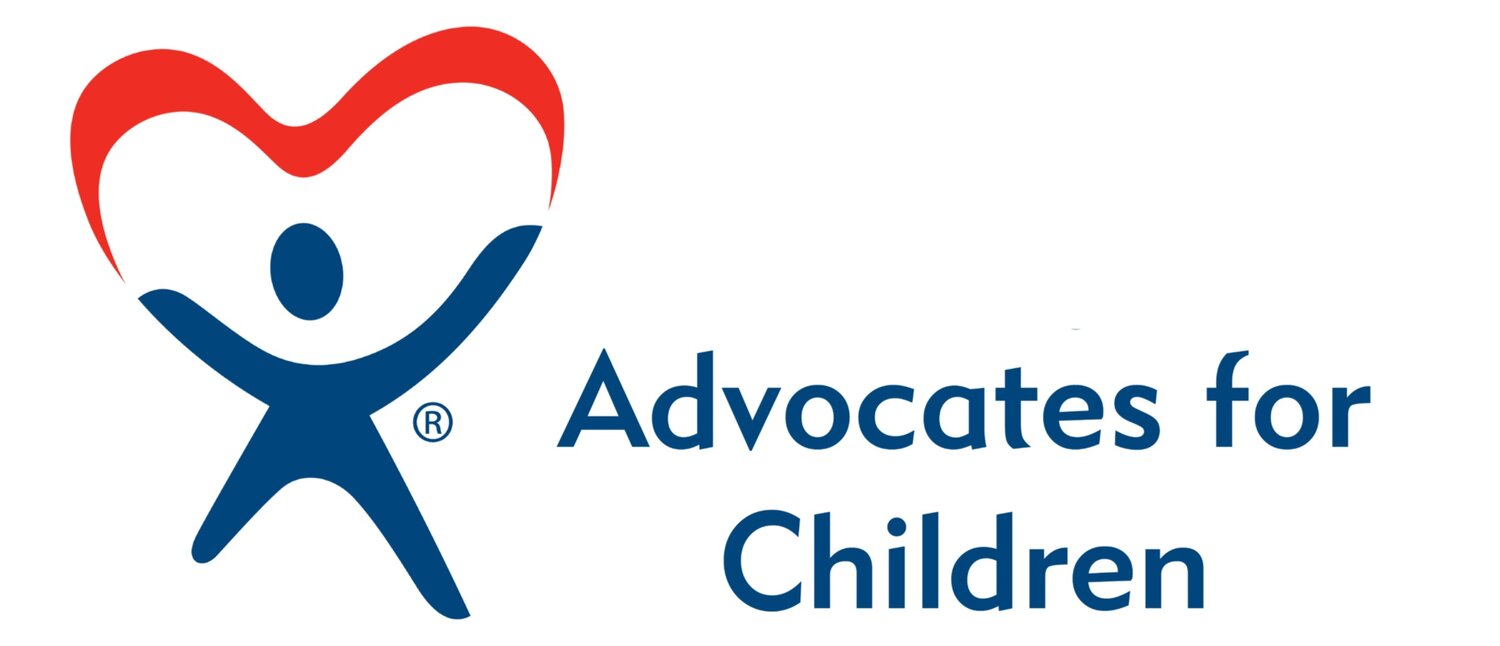FAQs
We understand you may have many questions about volunteering as a CASA. We hope to address some of those questions in this FAQ.
What is CASA?
A Court Appointed Special Advocate (CASA) volunteer is a trained citizen who is appointed by the judge to represent the best interest of a child in court. Most of the children helped by CASA volunteers are victims of abuse and neglect, and are involved in the court system through no fault of their own. During 2017, 110 volunteer advocates served over 800 children.
What is the CASA volunteer's role?
A CASA volunteer provides the judge with carefully researched factual information about the child and family to help him/her make an informed decision about what is best for each child. CASA volunteers ensure that the child doesn't fall through the cracks by "leaning" on the child welfare system to make sure it works for each child. CASAs help to ensure that each child is placed in a safe, permanent, and loving home as quickly as possible. The CASA does not replace the social worker on a case; he or she is an independent and objective appointee of the court. The CASA volunteer speaks exclusively for the child's best interest.
Does a CASA have support from staff at Advocates for Children?
After completing training, CASAs are teamed with a Supervisor on staff at Advocates for Children to provide support and guidance throughout the case and during court hearings.
How does a CASA volunteer research a case?
To prepare a recommendation, the CASA volunteer talks with the child, parents, family members, social worker, school officials, health care providers, and any others who are knowledgeable about the child's history. The CASA volunteer also reviews all records pertaining to the child, such as school and medical records.
Can anyone volunteer to be a CASA?
CASA volunteers are ordinary citizens. No special or legal background is required. Volunteers are screened closely for objectivity, competence, and commitment. Volunteers are thoroughly trained in courtroom procedures, social services, and the special needs of abused and neglected children. Volunteers must be at least 21 years old.
What type of training is needed to be a CASA?
CASA volunteers undergo 36 hours of comprehensive training prior to being sworn in as a Court Appointed Special Advocate. They are also expected to do at least thirty minutes of observation in one of our juvenile courts.
How much time do CASA volunteers spend on their case?
CASA volunteers spend an average of 8-10 hours per month on their case. More complicated cases take longer. CASAs remain involved in their case until it is permanently resolved, which can take up to two years.
How effective is CASA?
Research shows that children who have been assigned CASA volunteers tend to spend less time within the foster care system than those who do not have CASA representation. Judges have observed that children with a CASA volunteer also have better chances of finding permanent homes than children without CASA representation.
Do lawyers, judges, and social workers support CASA?
Yes. The judges in Bartholomew, Decatur, and Jennings counties have implemented the CASA Program in their courts and appoint CASA volunteers. CASA is endorsed by the American Bar Association, the National Council of Juvenile and Family Court Judges, and the Office of Juvenile Justice and Delinquency Prevention of the U. S. Department of Justice.
